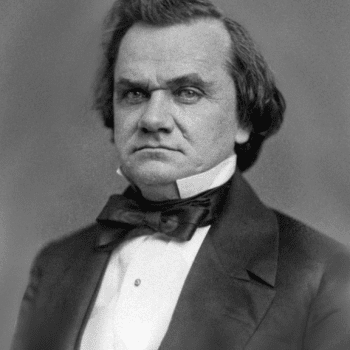A lot of us dislike both of the major party candidates. Quite a few of us also dislike the minor party and independent candidates. So we are agonizing over what to do come election day. Perhaps it would help to think through what factors should enter into the act of voting.
The usual approach is to consider which candidate, in your opinion, would be the best in office. Or, whleast bad. The focus is on the outcome or possible outcome of the election.
John Mark Reynolds proposes another approach. He gives a scenario of an election between three very-flawed 19th century candidates. (He says nothing about the current presidential election, though we know what he means.)
He argues that one person’s vote will do little to have an impact on the election’s outcome. But it will have an impact on the person casting the vote. Voting for an evil candidate–even the lesser of two evils–involves the voter in that evil. Presumably, though Reynolds does not say this, the best solution would be not to vote at all. Reynolds is arguing for what we could call morality-based voting.
What do you think of his argument (excerpted and linked to after the jump)?
Is there a moral duty to vote? Is Reynold’s approach a moralistic quest for purity that evades our responsibility as we live in a fallen world?
What are other ways to think about voting? What other factors should be considered?
From John Mark Reynolds, Voting Based on Outcomes: the Problem Nobody is Considering:
Suppose you have the choice of the lunatic John C. Fremont, the pro-slavery incompetent James Buchanan, and Millard Fillmore running on the nativist Know Nothing Party. Generally, Christian ethics would say: “Do not vote for the person who has disqualified themselves.”
There are many reasons for this position. Perhaps, the best is that if you vote for a bad man, then you have done an evil and the best you can hope is that good will come of it. There are times when, perhaps, the lesser of two evils is the only option, but voting is never one of them.
Why?
My vote does not do enough for my preferred candidate given the size of the electorate! The harm I do the other candidates and the good I do my picked Evil is little. The harm I do myself is certain.
Why?
[Keep reading. . .]
















